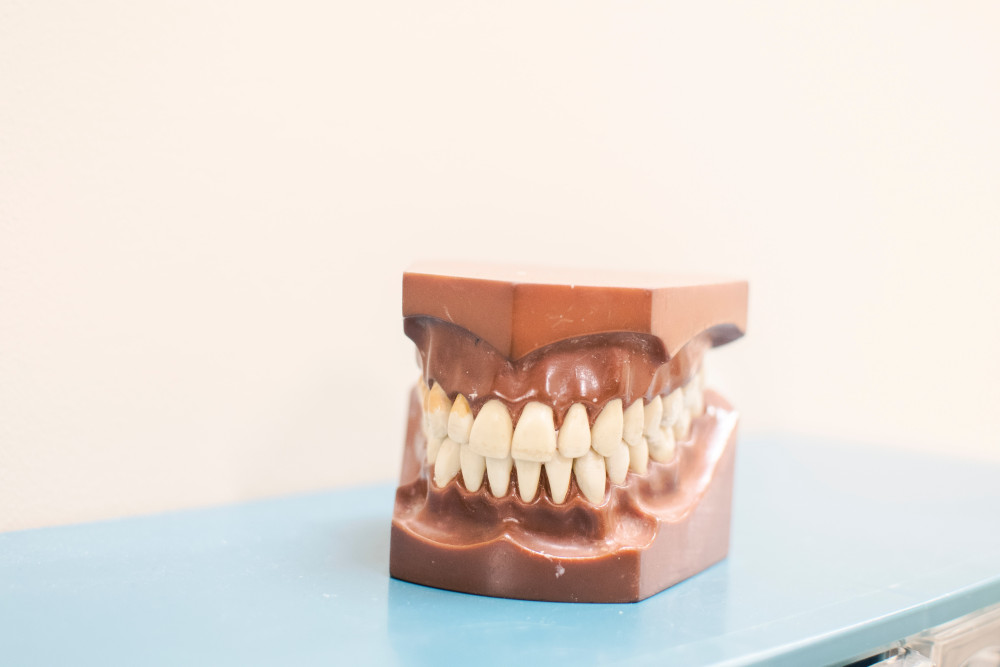Biological Root Canals: A Guide
Key Takeaways: Biological Root Canals Prioritize Natural Healing: The biological root canal is an enhancement of traditional root canal treatments. Using minimally invasive instruments, advanced irrigation technology and biocompatible sealers, it strives to preserve as much natural tooth structure as possible while supporting the body’s natural healing processes—thus decreasing reinfection risk and supporting long-term vitality.…
Read MoreBenefits of Root Canal Treatment
Key Takeaways: Tooth Preservation: A root canal helps save your natural tooth, which is irreplaceable and maintains your natural bite, alignment, and function. Pain Relief: It alleviates severe tooth pain caused by infection or decay, allowing you to enjoy eating, drinking, and sleeping without discomfort. High Success Rate: Root canals are highly successful, with over…
Read MoreConsequences of Delaying a Root Canal
Key Takeaways: Tooth Loss: Delaying treatment can lead to severe infection and bone loss, potentially resulting in the loss of the tooth. Prolonged Pain: Postponing the procedure means prolonged discomfort or worsening pain from the infection. Spreading Infection: The infection can spread to other parts of the body, leading to more severe health issues. A…
Read MoreWhat is a Ballantyne Endo Root Canal
Key Takeaways: Advanced Technology: Ballantyne Endodontics uses cutting-edge tools like Cone Beam Computed Tomography (CBCT), GentleWave, and lasers to provide precise, comfortable, and effective root canal treatments. Minimally Invasive Treatments: The use of advanced technology reduces the need for invasive procedures, often enabling quicker recovery times and less discomfort during and after the treatment. Holistic…
Read MoreDo I Need a Root Canal If I Have No Pain?
Key Takeaways: Pain-Free Symptoms: You may still need a root canal even if you don’t experience pain, as infections can develop without noticeable discomfort. Silent Infections: Bacteria can damage the tooth pulp silently, leading to more severe issues over time if untreated. Preventive Treatment: Addressing problems early with a root canal can prevent tooth loss…
Read MoreWhat is a Gentlewave Root Canal procedure?
We are proud to offer state-of-the-art treatments such as GentleWave to our patients. Sometimes patients ask us what is the GentleWave root canal procedure and why we recommend it? GentleWave is a minimally invasive option to standard root canal treatment. This patented technology uses acoustic energy to thoroughly cleanse and disinfect the root canal system.…
Read MoreHow Much Pain Will I Have After a Root Canal?
A root canal is a major procedure, so pain after a root canal is normal. A root canal involves deep cleaning inside the canals (the inner chamber of the root) of your tooth, which can in turn irritate surrounding nerves and gums.
Read MoreCase Study: Cone Beam Detects Perforation
This patient was referred to our practice to evaluate tooth #7, her upper right lateral incisor. She was a healthy 34-year-old female, and had a bump on her gum tissue above this tooth, but with no pain in the area.
Read MoreDo Endodontists Pull Teeth? To Pull or Not to Pull: Tips to Save Your Teeth
Patients today have more options than ever before to treat their teeth. Understanding your choices and their impact on your future dental health and lifestyle is important. Read on to learn why nothing is as good as your natural tooth and get simple tips for saving your teeth!
Read MoreWhy Choose an Endodontist
Endodontists are specialists in saving teeth, committed to helping you maintain your natural smile for a lifetime. They have at least two years of additional education to become experts in performing root canal treatment and diagnosing and treating tooth pain. If you are experiencing tooth pain, you can choose to see an endodontist. Your general…
Read More







